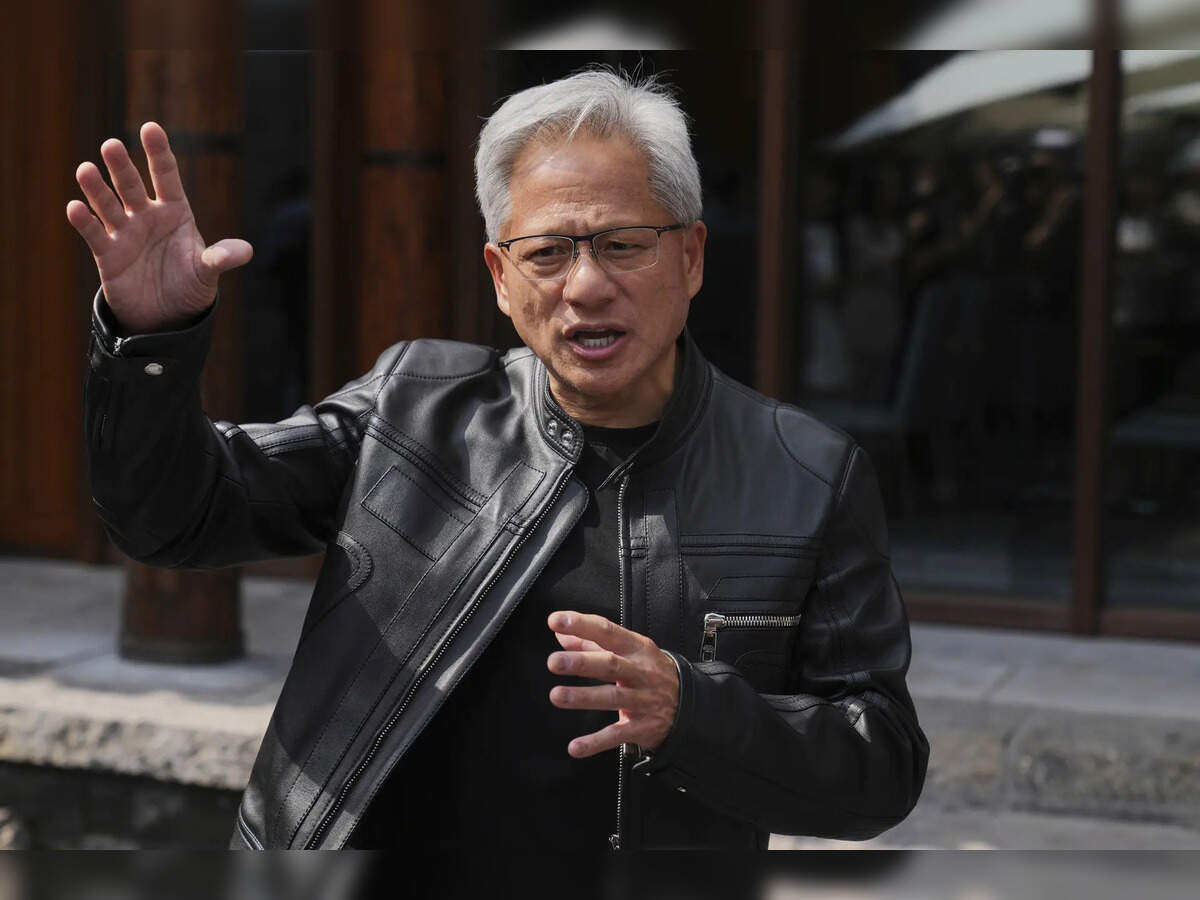Now Reading: China Advises Firms Against Using Nvidia H20 Chips in Latest Guidelines
-
01
China Advises Firms Against Using Nvidia H20 Chips in Latest Guidelines
China Advises Firms Against Using Nvidia H20 Chips in Latest Guidelines

quick Summary
- China has urged companies to avoid using Nvidia’s H20 processors, especially for government-related purposes, citing security concerns.
- Chinese authorities have sent notices questioning the necessity of foreign chips like Nvidia’s and encouraging the use of domestic alternatives.
- The notices align with state media reports raising doubts about the security and reliability of Nvidia’s chips; Nvidia denies these allegations.
- The guidance impacts AI accelerators from AMD as well, affecting products like the MI308 chip. Both companies recently obtained US approval to resume sales on the condition that 15% of related revenue be shared with Washington.
- China’s restrictions are currently focused on sensitive applications but could expand to broader use cases.
- Beijing’s broader goal is to foster its domestic chip industry while reducing reliance on US technology. Domestic suppliers like Huawei face challenges in meeting market demand for advanced chips.
- Losing access to H20 chips reportedly triples or sextuples costs for Chinese firms working with advanced AI models, raising questions about adequacy of domestic alternatives.
- Beijing denies any trade concessions to Washington regarding H20 shipments – disputing claims made by Trump officials linking such exports with rare-earth mineral agreements or broader trade deals.
Indian Opinion Analysis
China’s recent push against using Nvidia and AMD processors highlights its dual aims: bolstering national security and advancing self-reliance in semiconductor technologies. For India, this underscores two key lessons: first, India must closely monitor how China balances competing priorities between regulatory measures and dependency on foreign technology; second, it reaffirms India’s own need for a robust semiconductor ecosystem as part of Atma Nirbhar Bharat (Self-Reliant india).India can draw from this advancement when shaping its policies-strengthening local manufacturing capabilities without compromising business environments necessary for cutting-edge foreign investments. Meanwhile, geopolitical tensions associated with semiconductors warn that global reliance on limited sources may result in future supply chain vulnerabilities-a challenge India should address through diversification and collaboration with trusted allies.






















